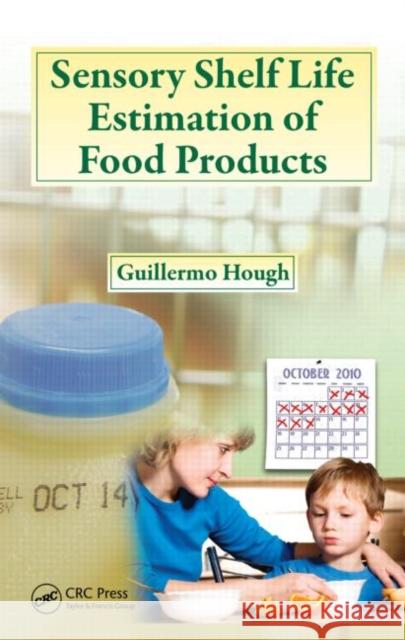Sensory Shelf Life Estimation of Food Products » książka
Sensory Shelf Life Estimation of Food Products
ISBN-13: 9781420092912 / Angielski / Twarda / 2010 / 264 str.
Complying with food regulations and, more importantly, quality standards, requires practical and reliable methods to estimate a product's shelf life. Emphasizing the importance of the consumer's perception of when food has reached the end of its shelf life, Sensory Shelf Life Estimation of Food Products provides a tool for adequately predicting sensory shelf life (SSL). The book delineates the basics of sensory analysis and how it applies to shelf-life studies and includes discussions of experimental design aspects, survival analysis methodology, and its extensions. It provides detailed instructions and software functions for performing SSL estimations, accompanied by data sets and the R Statistical Package functions that are available for download. The author presents the cut-off point methodology used to estimate SSL when the survival analysis methods get complicated. He includes a chapter on accelerated storage covering kinetics, calculations of prediction confidence intervals and potential pitfalls. He also examines extensions of survival analysis statistics to other areas of food quality such as optimum concentration of ingredients and optimum cooking temperatures. Microbiologically stable foods, such as biscuits or mayonnaise, will have their shelf-life defined by the changes in their sensory properties. Many fresh foods, such as yogurt or pasta, after relatively prolonged storage may be microbiologically safe to eat but rejected due to changes in their sensory properties. Shelf life in most food products is determined by sensory issues instead of microbiological or chemical concerns. This book offers key techniques for experimental design, storage, consumer testing procedures, and calculations. It includes methods for accelerated storage experiments, thoroughly explains statistical data treatment, and includes practical examples.











